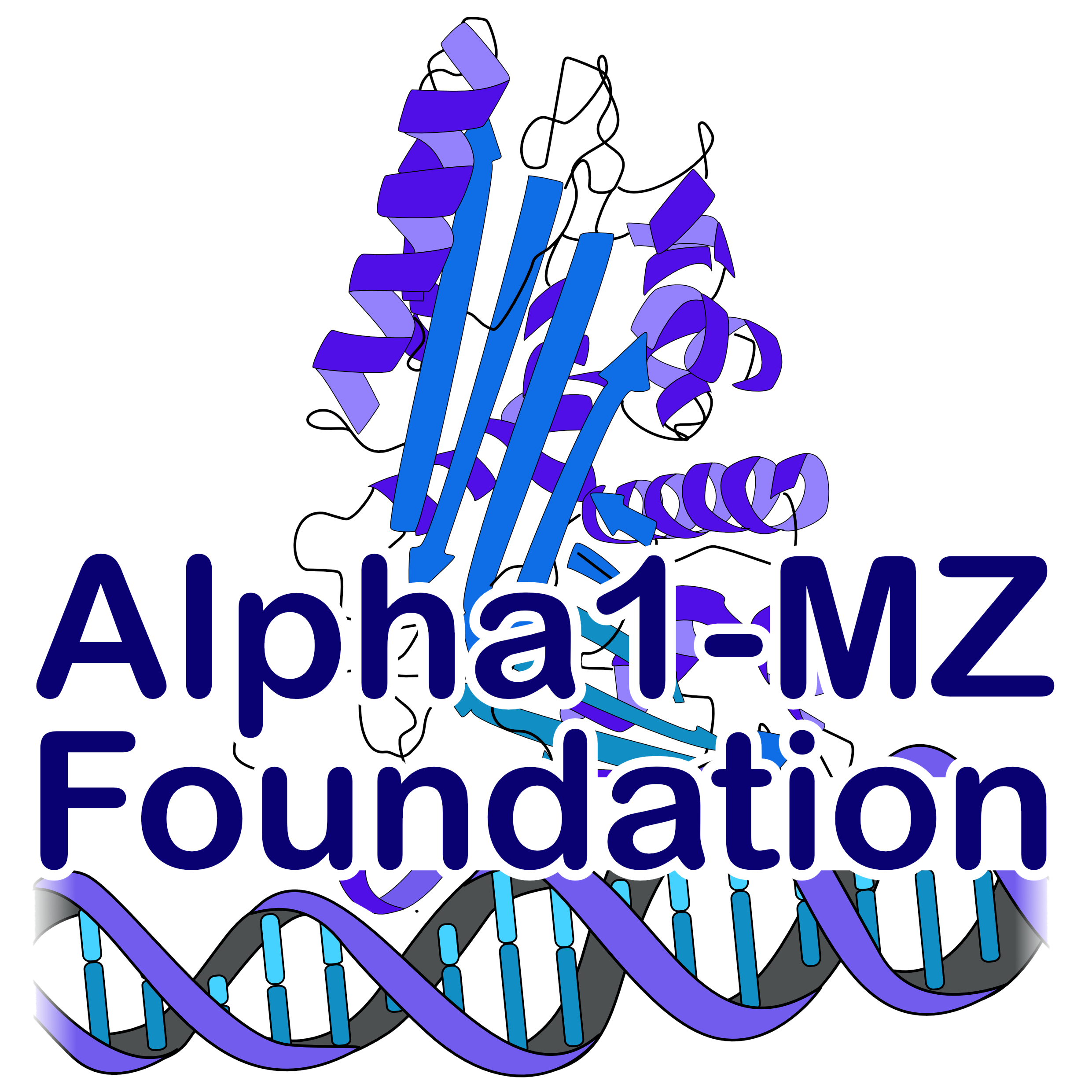Alpha-1 antitrypsin (AAT) is a protein primarily produced in the liver and released into the bloodstream, to help protect the lungs. Let’s take a detailed look at its functions and significance:
Function:
Protease Inhibitor: AAT’s primary role is to inhibit the activity of proteases, particularly neutrophil elastase, which is an enzyme that can break down elastin in lung tissue. Elastin is a protein providing elasticity to tissues like the lungs and skin.
Protection of lung tissue:
By neutralizing elastase, AAT helps protect the delicate structure of the lung alveoli from damage, which is crucial for maintaining efficient gas exchange.
Inflammation Modulation:
AAT also has anti-inflammatory properties and can modulate immune responses, potentially impacting various inflammatory conditions beyond just lung protection.
Structure:
AAT is a glycoprotein, meaning it has carbohydrate groups attached, which can influence its function, stability, and how it’s processed in the body.
Click here for more in-depth information about this important protein and the effects of alpha-1 antitrypsin deficiency.
